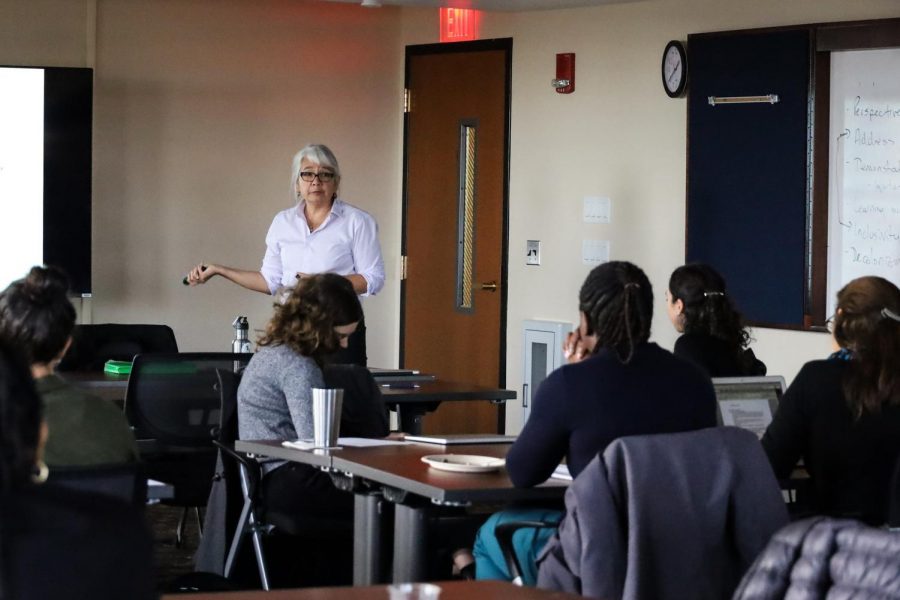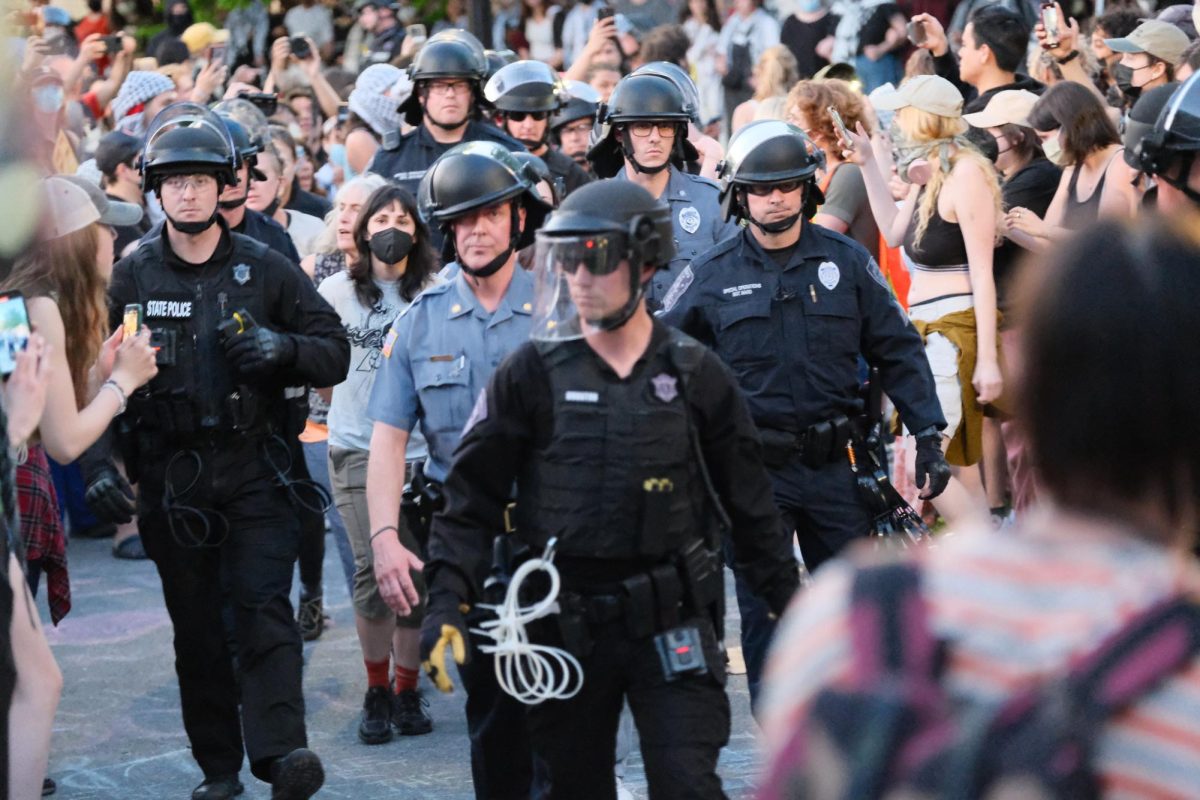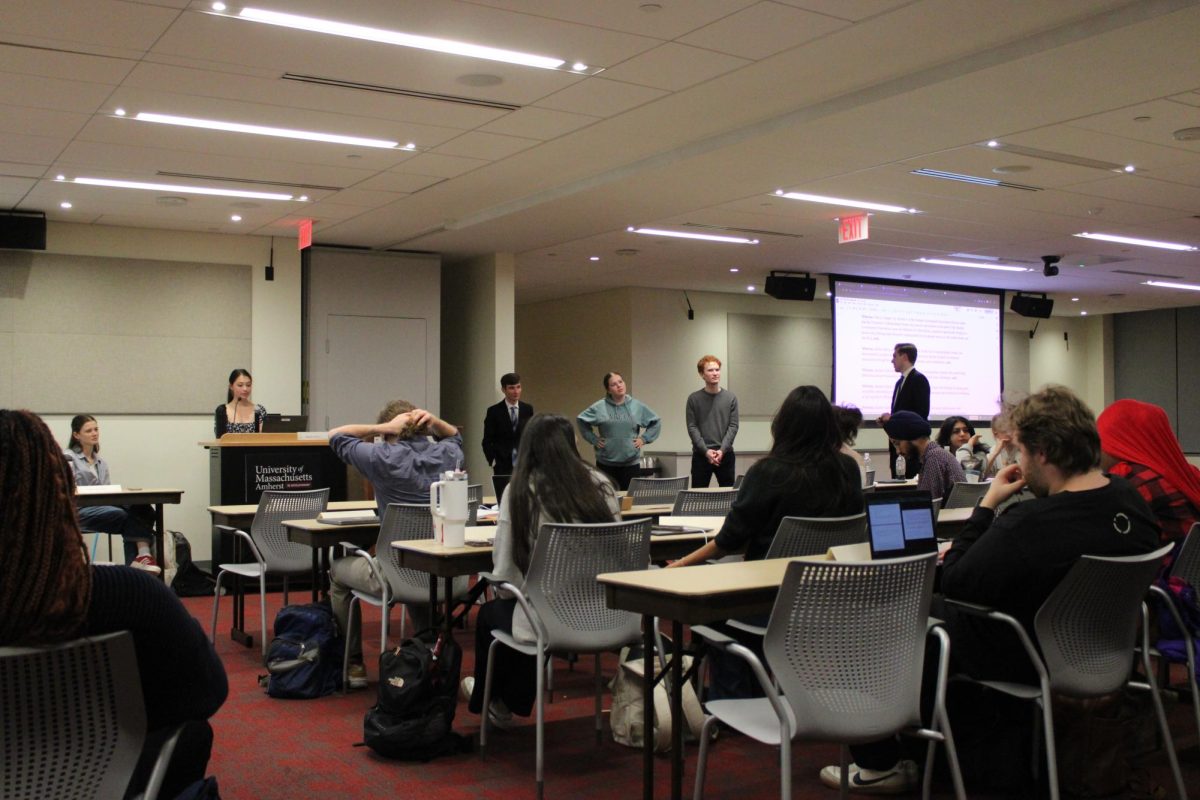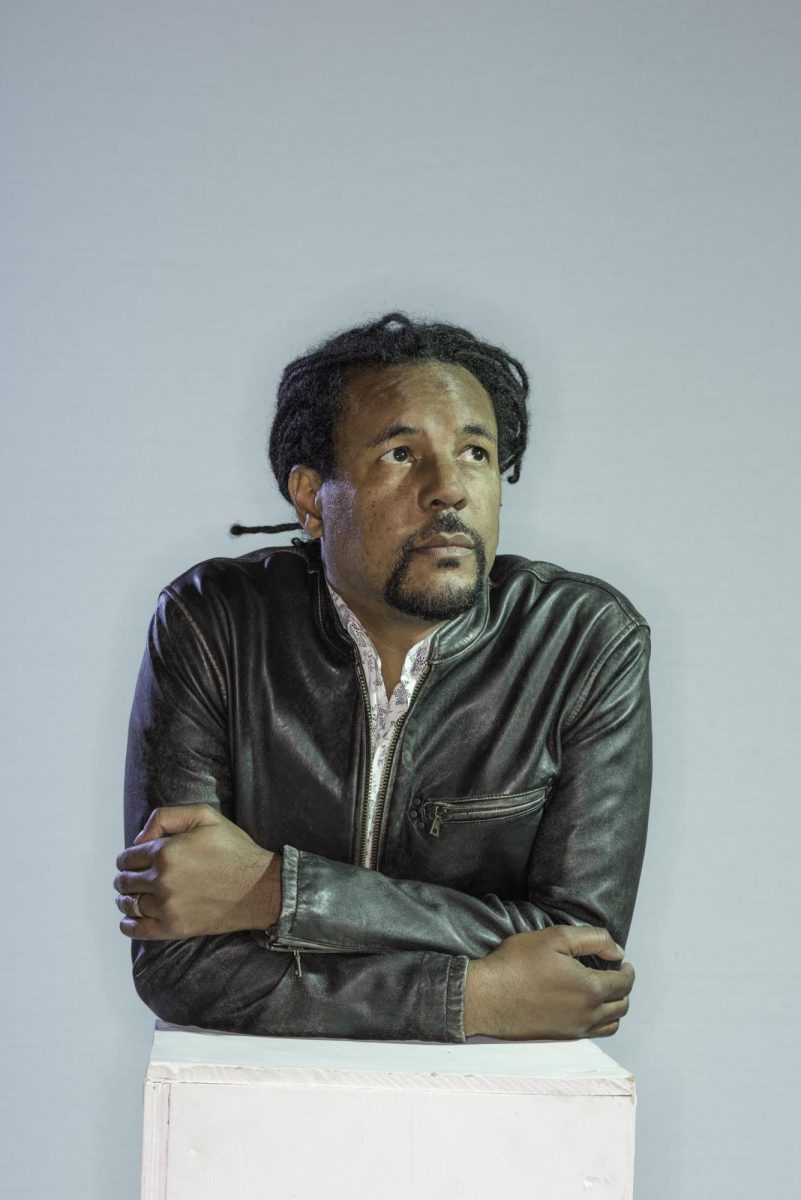At the University of Massachusetts on Monday afternoon, UMass Boston professor Karen Suyemoto hosted an interactive workshop to benefit educators.
Suyemoto, a professor of psychology, Asian-American studies and critical ethnic and community studies, held “Engaging Students and Reducing Resistance in the Diversity Classroom” as one of the “Diversity Lunch & Learn Sessions” hosted by the Center for Teaching and Learning. CTL’s website states that these workshops work to facilitate inclusive discussions, create an inclusive syllabus and facilitate difficult dialogues and manage tense moments. These events are open to campus instructors, post-doctoral researchers and graduate teaching assistants.
“This workshop aims to explore manifestations of resistance and share strategies for more effective teaching. We will examine how resistance is enacted, reframe resistance as part of an educational change process and discuss proactive and reactive strategies for addressing resistance and engaging students,” stated the event’s website.
Kirsten Helmer, the director of programming for diversity, inclusion and equity at CTL and a CTL lecturer, said that Suyemoto’s presentation presented an opportunity for faculty to engage with each other around challenges in diversity.
“I do think whenever faculty or instructors get together and talk about these things often we also feel very isolated and like we have to face challenges alone or think through different ways of teaching on our own, but getting together as a group really becomes more learning from and with each other,” Helmer said.
The event’s website stated that goals of the event were to identify the ways “that resistance develops and is enacted in students with dominant and minority statuses,” with attention to identity, racism and prejudice and to “[d]escribe foundational curricular and pedagogical/praxis strategies for addressing resistance.”
Suyemoto outlined the objectives of the lecture as positioning diversity classes within a framework of transformative pedagogy, examining the ways the students enact “resistance,” exploring the meanings and functions of “resistance” from a psychological perspective and share strategies for addressing resistance and increasing student learning and engagement.
“I think it really benefits students because the faculty take what they learn from these sessions and then they try to implement them in their own classrooms, and sometimes it shifts attitudes or thinking about particular issues,” Helmer said.
Suyemoto’s work focuses on the effects of participating in activism and resistance, the effects of race and racism on mental health and identity and how cultural responsiveness and racial social justice is developed and integrated into education and psychological work. Previously, Suyemoto served as the co-director of the New England Center for Inclusive Teaching and was the president of the Asian American Psychological Association.
Suyemoto was recognized as the White House Champion of Change: Asian American Pacific Islander Woman Leader in 2013 and was also presented with the Asian American Psychological Association’s Distinguished Contributions Award.
Throughout this workshop, educators discussed their fears, challenges and concerns pertaining to the teaching experience. Suyemoto worked through and introduced coping mechanisms and the psychology behind classroom aggression. In addition, Suyemoto also discussed teaching techniques and mechanisms to benefit attendees and their students by association.
“Just attending this event provided the ability to obtain new knowledge, new skills,” said Jonique Childs, an assistant professor in the college of education student development program. “It gave me reassurance that the experiences that I’ve had in the classroom are actually validated or held or shared among other faculty members.
“Ultimately, we want to continue to keep learning and growing, and attending these types of events provides you that way of just continuing to learn and grow.”
Meghan Sorensen can be reached at [email protected] and followed on Twitter @SorensenMeghan.



















